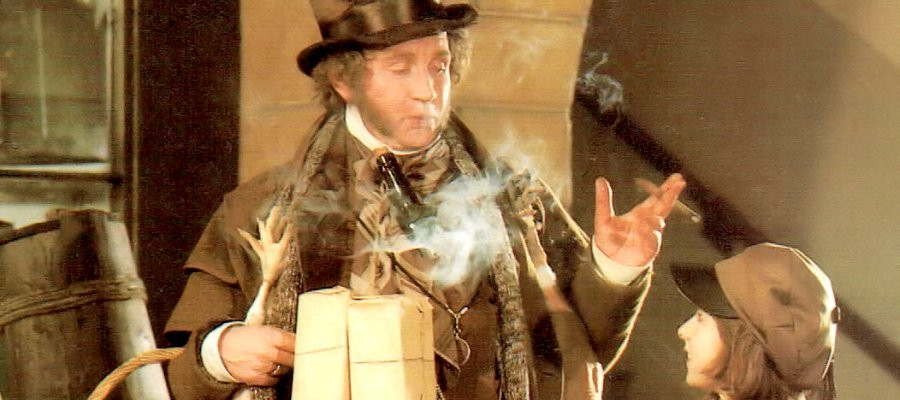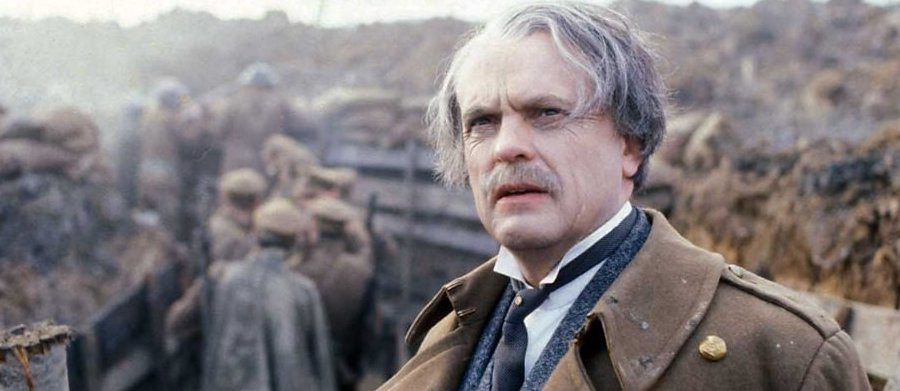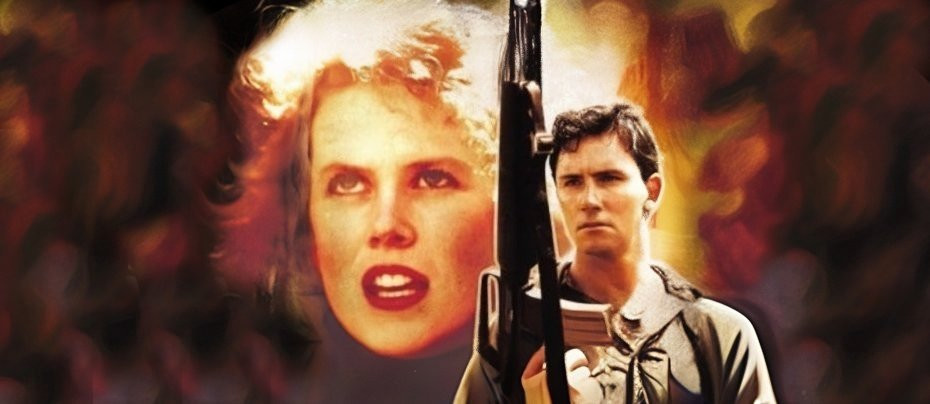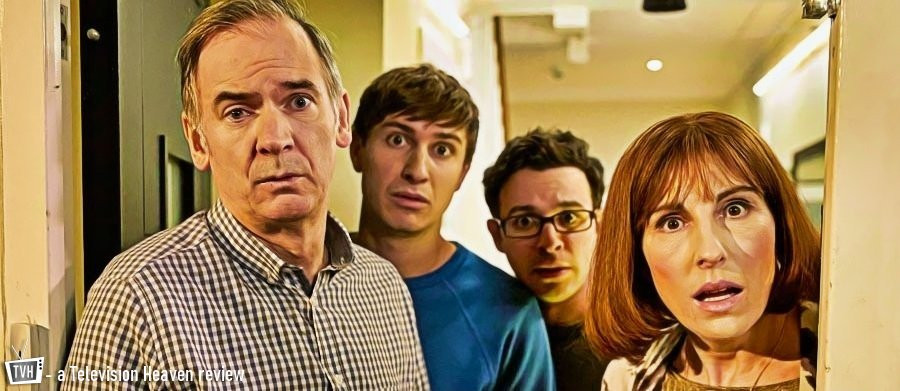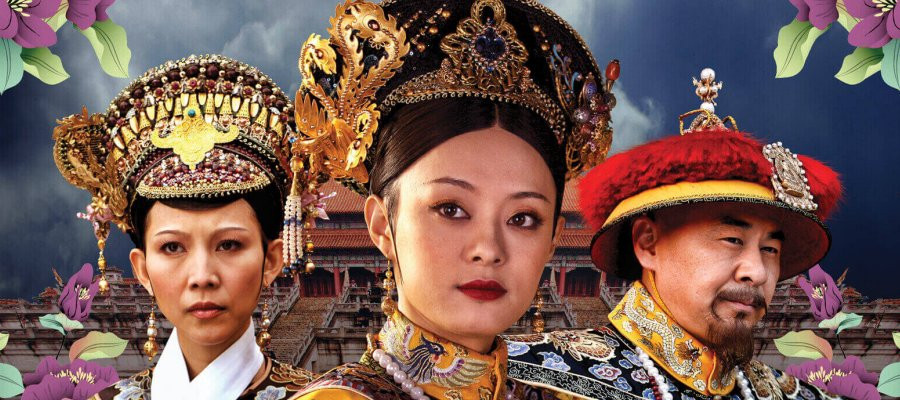
Empresses in the Palace
2011 - ChinaFew television dramas manage to capture the grandeur, intrigue, and emotional devastation of imperial politics with the finesse of Empresses in the Palace (aka The Legend of Zhen Huan) —a sprawling, visually sumptuous Chinese historical series that has deservedly earned its place as a cultural touchstone in modern Chinese popular culture.
First broadcast in 2011 and based on the novel by Liu Lianzi, the series is directed with remarkable assurance by Zheng Xiaolong and fronted by an extraordinary performance from Li Sun as the titular Zhen Huan. Set during the early Qing dynasty, the drama begins in the latter years of the Kangxi Emperor’s reign and unfolds against the backdrop of his successor—the suspicious and calculating Yongzheng Emperor—whose rise to power has been stained by blood and betrayal.
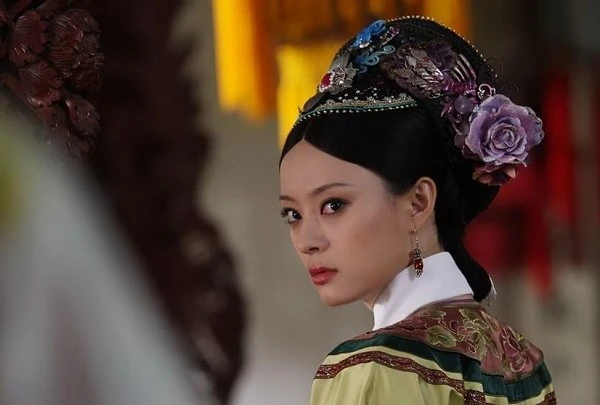
At its heart, Empresses in the Palace is a deeply human story about survival, identity, and power, told through the eyes of Zhen Huan, a young woman forced into the Imperial Harem against her will. What begins as a tale of reluctant courtship soon blossoms into a masterclass in court intrigue, betrayal, and calculated revenge. The palace is not just a place of opulence, but a gilded cage in which women—intelligent, ambitious, and often ruthless—vie for favour, safety, and influence.
The series unfolds with a deliberate pace, allowing ample space for character development and emotional complexity. Zhen Huan’s transformation from innocent concubine to politically astute Empress Dowager is a powerful arc, and Li Sun portrays it with striking subtlety and command. Equally compelling is the ensemble cast, from the enigmatic Emperor (Jianbin Chen) to the tragically ambitious An Lingrong, and the Machiavellian Empress Yixiu (Ada Choi), whose downfall is as dramatic as it is poetic.
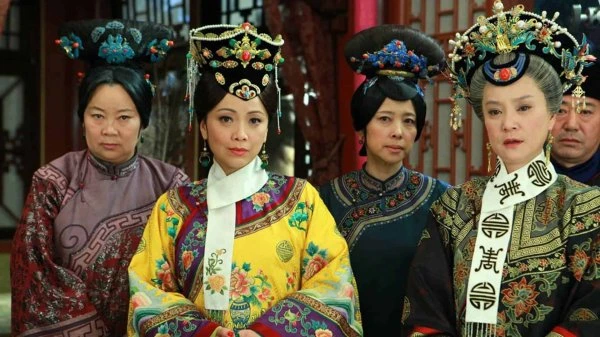
The attention to period detail is astonishing—from the intricate costumes to the rich, painterly set design—creating a sumptuous visual experience that fully immerses the viewer in Qing dynasty court life. But beneath the surface beauty lies a dense, psychological drama, filled with shifting loyalties, moral compromise, and psychological warfare. The dialogue is razor-sharp, laced with subtle insinuations, barbed courtesy, and double meanings, making it a show that demands (and rewards) close attention.
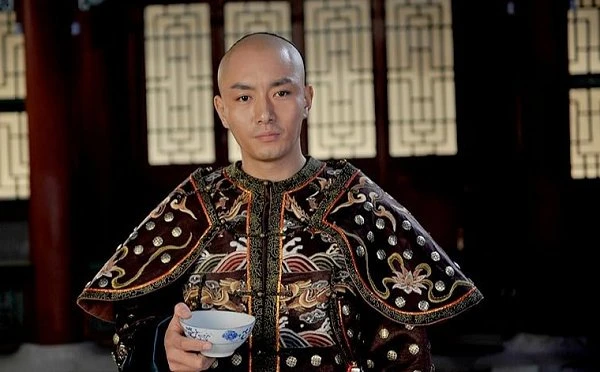
Thematically, Empresses in the Palace explores the cost of ambition and the emotional toll of power. Zhen Huan's emotional entanglement with Prince Guo adds a layer of tragic romance to the series—her eventual return to the palace under a new identity, her carefully orchestrated rise to power, and her slow, deliberate revenge all speak to a woman shaped by grief, love, and disillusionment. Her poisoning of the Emperor, while shocking, is portrayed not as villainy but as a final act of calculated liberation.
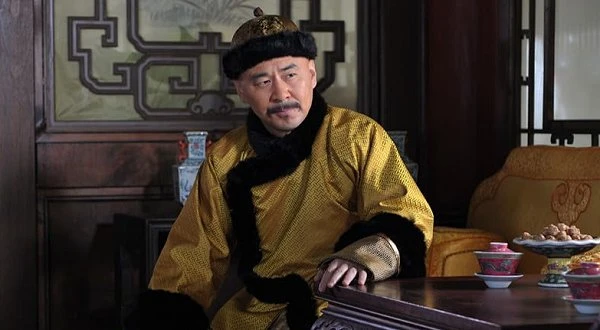
The series’ influence in the Chinese-speaking world cannot be overstated. Its dialogue, characters, and dramatic turns have been widely referenced, parodied, and analysed. Despite originally airing over a decade ago, it continues to enjoy regular reruns and a devoted fanbase.
Western audiences were introduced to a condensed version via Netflix in 2015, where the 76-episode original was edited into six 90-minute episodes with English captions. While the abridged format allowed for easier access, it inevitably compromised the story’s complexity and emotional richness. The full version remains the definitive experience, offering far greater insight into the characters’ psychological journeys and the slow-burning nature of palace life.
Empresses in the Palace is an exceptional piece of television—rich in drama, visual artistry, and emotional depth. It is a compelling portrait of women navigating a world rigged against them, finding strength, strategy, and sometimes cruelty in the pursuit of survival. For those willing to immerse themselves in its measured storytelling and intricate political manoeuvring, it is nothing short of a masterpiece.
Seen this show? How do you rate it?
Seen this show? How do you rate it?
Published on June 30th, 2025. Written by Laurence Marcus for Television Heaven.



